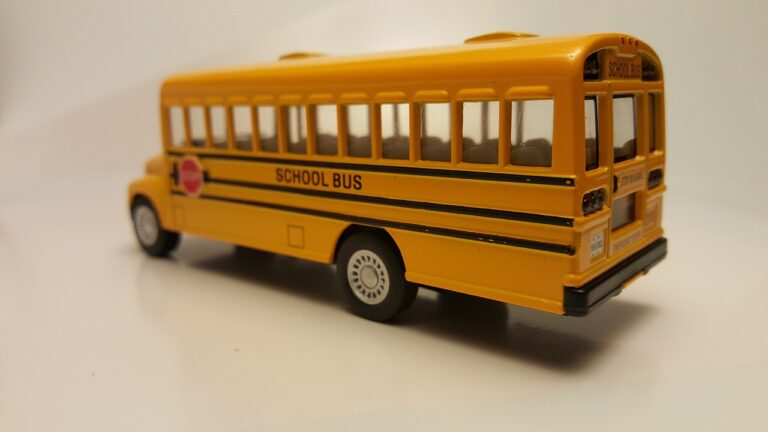Promoting Environmental Awareness Through Virtual Field Trips
Virtual field trips play a crucial role in raising environmental awareness among individuals of all ages. By virtually exploring various ecosystems and habitats, participants gain a deeper understanding of the interconnectedness of nature and human activities. Through immersive experiences, virtual field trips allow individuals to witness firsthand the beauty and fragility of our planet’s natural resources.
Moreover, virtual field trips provide a unique opportunity for participants to learn about environmental issues and conservation efforts in a dynamic and engaging way. By virtually visiting different locations and learning from experts in the field, individuals can develop a sense of empathy and responsibility towards protecting the environment. These experiences foster a sense of stewardship and encourage active involvement in sustainability practices, ultimately contributing to a more environmentally conscious society.
Exploring Different Ecosystems Through Virtual Field Trips
Virtual field trips offer a unique opportunity for students to explore diverse ecosystems from the comfort of their classrooms. Through immersive virtual experiences, learners can visit rainforests, deserts, oceans, and other habitats around the world without leaving their schools. This firsthand exposure to different ecosystems helps students understand the importance of conservation and biodiversity.
By engaging in virtual field trips, students can observe the interconnections within ecosystems and witness the delicate balance that exists between various species and their environments. These experiences foster a deeper appreciation for the natural world and highlight the need to protect and preserve these habitats for future generations. Virtual field trips not only broaden students’ knowledge of different ecosystems but also inspire them to take action in environmental conservation efforts.
Benefits of Virtual Field Trips for Education and Conservation
Virtual field trips offer a unique opportunity for students to explore a wide range of ecosystems without leaving the classroom. By using virtual reality technology, students can immerse themselves in different environments and gain a deeper understanding of the natural world. This hands-on approach to learning can help spark interest in conservation efforts and encourage students to take action to protect the environment.
Additionally, virtual field trips provide access to remote locations that may be difficult or impossible to visit in person. This allows students to learn about ecosystems that are vital to our planet’s health, such as rainforests, coral reefs, and polar regions. By experiencing these environments virtually, students can develop a greater appreciation for the importance of conservation and the need to preserve these delicate ecosystems for future generations.
What equipment do I need to participate in a virtual field trip?
To participate in a virtual field trip, you will need a computer, tablet, or smartphone with internet access.
Can virtual field trips replace traditional field trips?
Virtual field trips can complement traditional field trips by providing access to locations that may be difficult or impossible to visit in person. They can enhance learning experiences and help students understand concepts that may be challenging to grasp through textbooks alone.
How can virtual field trips benefit conservation efforts?
Virtual field trips can raise awareness about environmental issues and conservation efforts by allowing students to explore different ecosystems and learn about the importance of protecting natural habitats. This increased awareness can lead to greater support for conservation initiatives.
Are virtual field trips suitable for all age groups?
Virtual field trips can be adapted to suit different age groups and educational levels. There are virtual field trip options available for elementary school students, middle school students, high school students, and even college students.
How can teachers incorporate virtual field trips into their lesson plans?
Teachers can incorporate virtual field trips into their lesson plans by using them as a supplement to classroom activities, assigning specific tasks or questions for students to complete during the virtual trip, and facilitating discussions before and after the experience to deepen students’ understanding of the topic.





